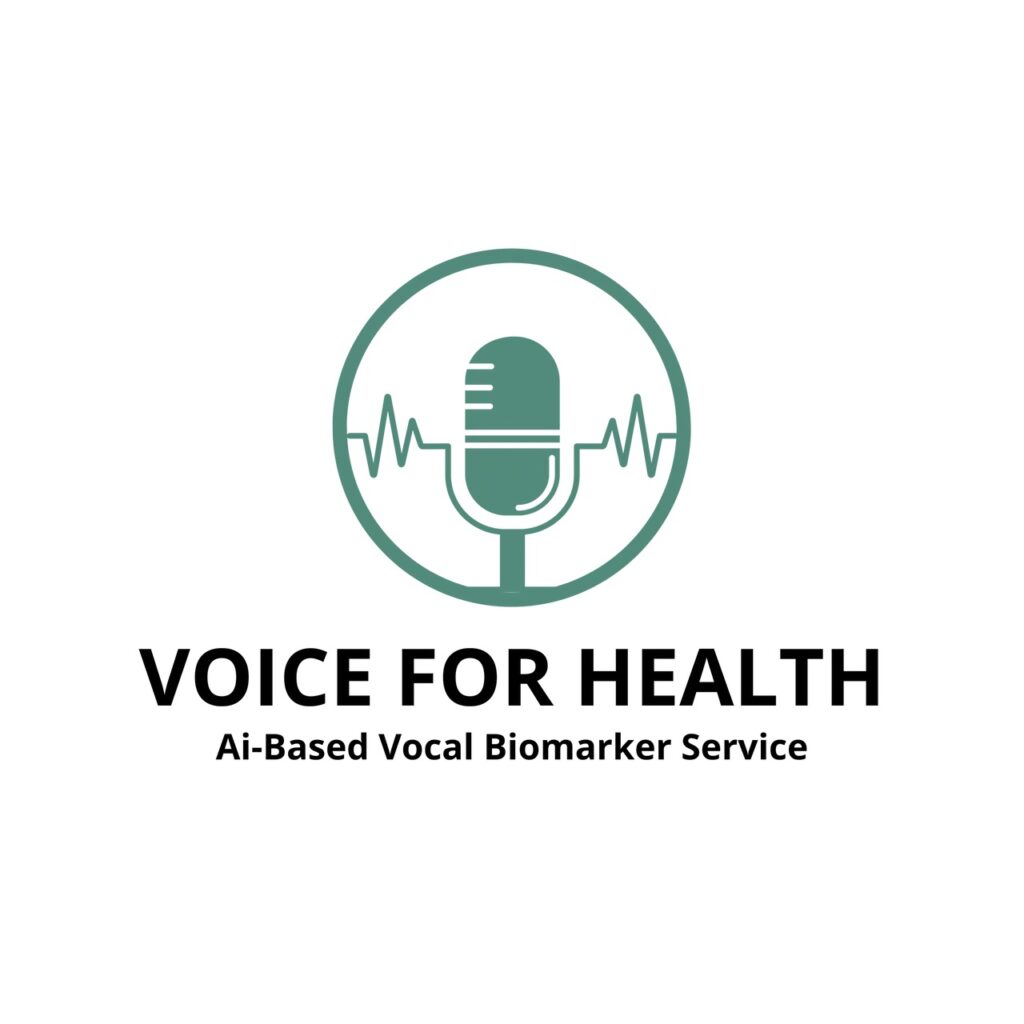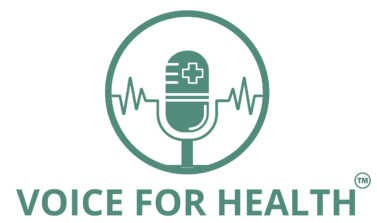
The human voice is a powerful tool that can reveal a lot about our health and wellbeing. Advances in technology have made it possible to use vocal biomarkers to detect and monitor various health conditions. In this blog post, we will explore the exciting potential of vocal biomarker services and how they could shape the future of healthcare.
What are vocal biomarkers?
Vocal biomarkers are measurable characteristics of the human voice that can provide information about a person’s health status. They are derived from the sound waves produced by the vocal cords and can be analyzed using artificial intelligence (AI) algorithms to identify patterns and anomalies.
Vocal biomarkers can provide insight into a range of health conditions, including respiratory diseases, cardiovascular disorders, neurological conditions, and mental health disorders. For example, changes in pitch, tone, and speech rate can indicate the presence of depression, while breathiness and hoarseness can be a sign of respiratory problems.
How can vocal biomarker services be used in healthcare?
Vocal biomarker services have the potential to revolutionize healthcare by enabling early detection, monitoring, and treatment of various health conditions. Here are some of the ways in which they could be used:
- Early detection of health conditions: Vocal biomarkers could be used to screen individuals for various health conditions before they become symptomatic. This could enable earlier diagnosis and treatment, improving health outcomes and reducing healthcare costs.
- Remote monitoring of patients: Vocal biomarkers could be used to remotely monitor patients with chronic health conditions, such as asthma or COPD. This could help to identify changes in their condition early and enable prompt intervention, reducing the risk of hospitalization.
- Personalized treatment plans: Vocal biomarkers could be used to develop personalized treatment plans for patients based on their unique vocal characteristics. This could improve treatment efficacy and reduce the risk of adverse effects.
- Mental health assessment: Vocal biomarkers could be used to assess mental health conditions, such as depression and anxiety. This could enable earlier diagnosis and treatment, improving patient outcomes and reducing the stigma associated with mental health disorders.
- Clinical trials: Vocal biomarkers could be used to monitor the efficacy and safety of new drugs and treatments in clinical trials. This could provide a more objective and accurate measure of treatment outcomes than traditional subjective measures.
What are the challenges of using vocal biomarkers in healthcare?
While vocal biomarkers hold great promise for the future of healthcare, there are also some challenges that need to be addressed. One of the main challenges is the need for large datasets to train AI algorithms to accurately identify vocal biomarkers. Another challenge is ensuring the privacy and security of patient data, as vocal biomarkers are considered sensitive medical information.
Despite these challenges, the potential benefits of vocal biomarker services in healthcare are significant. As technology continues to advance, it is likely that vocal biomarkers will become an increasingly important tool in the diagnosis, monitoring, and treatment of a range of health conditions.






